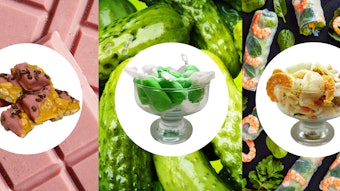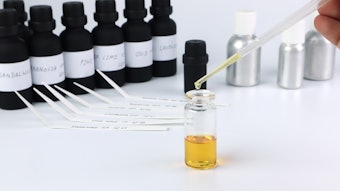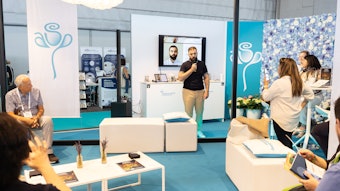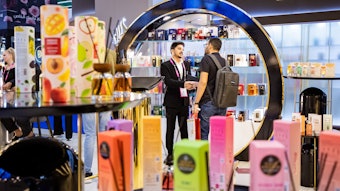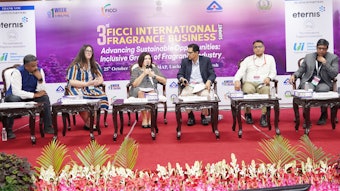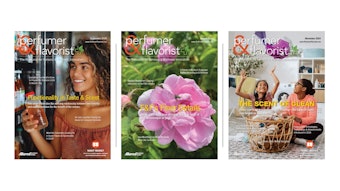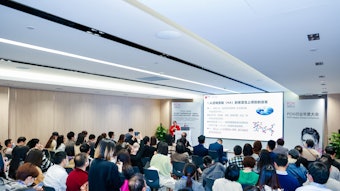Each year, the British Society of Flavourists holds a training course for beginning flavorists, teaching them about the basic raw materials and then allowing them to make their own flavors. Here, Jack Knights (professor of the training course and BSF honorary treasurer) recaps the 2006 training course and gives details for the 2007 incarnation.
The fourth British Society of Flavourists training course for potential creative flavorists was held in 2006 at the University of Reading, School of Biosciences, in conjunction with the University. The course duration was three weeks and was attended by eight trainee flavorists from the United Kingdom, Holland, the United States, Russia and Slovenia.
The emphasis in the first five days was on tasting, smelling and getting to know and recognize the utility of approximately 100 nature-identical raw materials of importance in flavor creation. This was intended to provide a methodology for the evaluation of any new raw material that the trainees might encounter in the future. The trainees were required to use the knowledge gained during this process to create simple flavorings. In addition, lectures were provided on flavor chemistry, biochemistry and analysis.
The emphasis in week two was on natural raw materials, including essential oils, oleoresins and other extracts of importance to the industry. Again, the practical use of these materials in flavor creation, particularly in conjunction with nature-identical raw materials, was emphasized. During this second week there also was a visit to, and a presentation by, a flavor company specializing in the cultivation and manufacture of English essential oils and extracts. This visit included a review of different methods of physical extraction of vegetable source materials, including steam distillation, high-vacuum distillation, vacuum fractionation and liquid and supercritical CO2 extraction. A factory tour followed to demonstrate these techniques being used.
For the first time this year, two days in the program were devoted to the creation, production and evaluation of modern savory flavors. This proved to be of outstanding interest to the trainees and will be incorporated in the 2007 course.
Lectures during the second week were on subjects as diverse as flavor legislation, process flavor chemistry, delivery systems and practical flavor processing.
During the third week the delegates continued to create flavorings, having available all the raw materials that they had previously evaluated. These flavorings became increasingly sophisticated as the trainees became more skilled and confident. Throughout the course, particularly in weeks two and three, the emphasis was on practical flavor creation and the evaluation by the group on the sensory characteristics of the results. Guidance was provided during this time by experienced flavorists from the BSF.
Finally, each trainee was required to demonstrate at least one of their creations in an easy-to-prepare application and to complete a written examination as part of their final assessment. All eight candidates passed with flying colors and were presented with their certificates by the head of the School of Food Biosciences and BSF student membership by the BSF chairman of the organizing committee.
We wish to thank the lecturers, all of whom were either BSF members or staff in the university. We also express our gratitude to the companies who provided raw material samples and other teaching aides and to BSF and IFEAT for their financial support for the course.
Next year's course is scheduled to start on April 30, 2007 and can accommodate a maximum of 10 candidates. There are already several bookings and expressions of interest. If you wish to register to take part please contact Don Mottram at Reading University (tel: 44-(0)-118-378-8712; fax: 44-(0)-118-931-0080; e-mail: [email protected]) or Jack Knights (tel: 44-(0)-1604-585390; e-mail: [email protected]).

